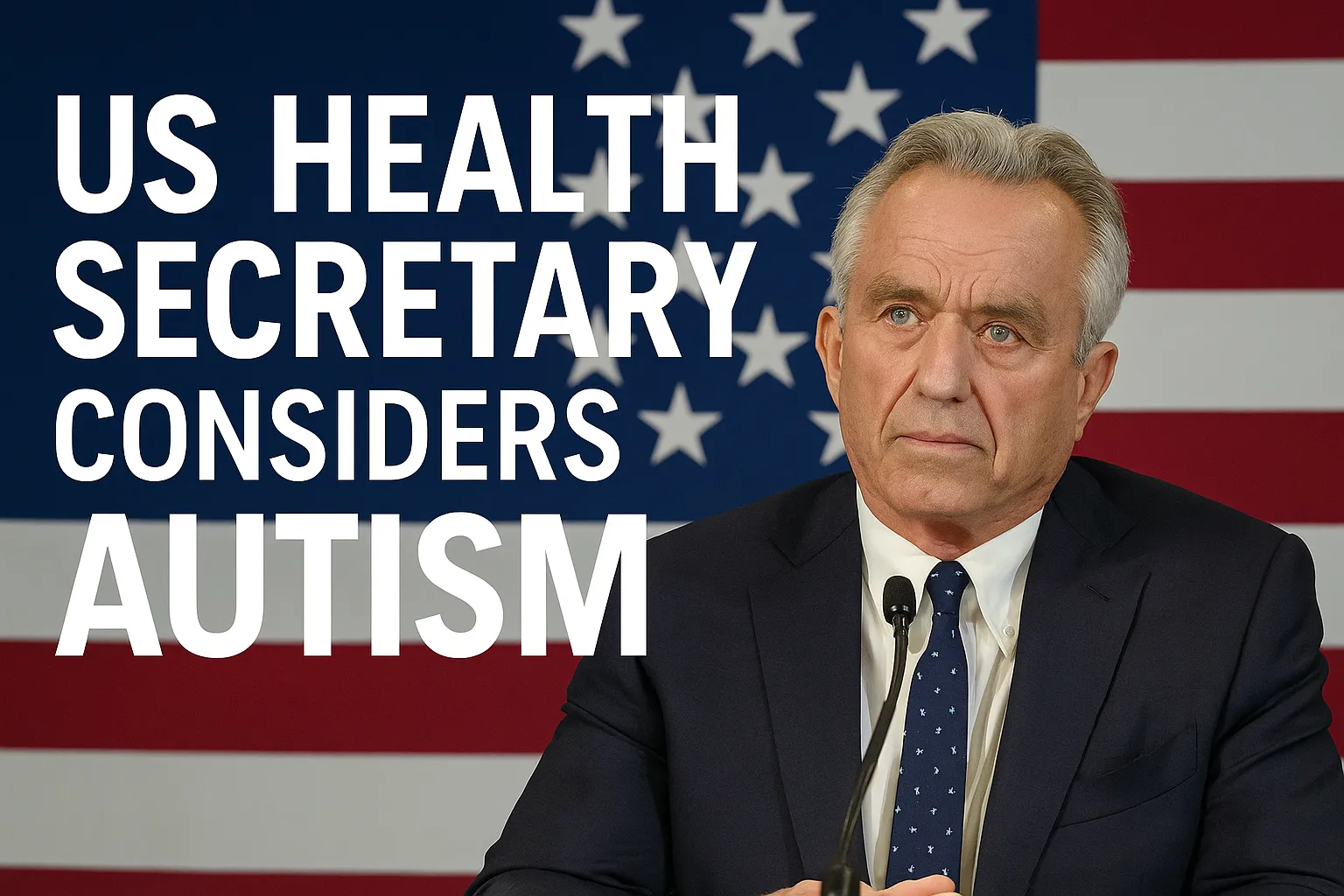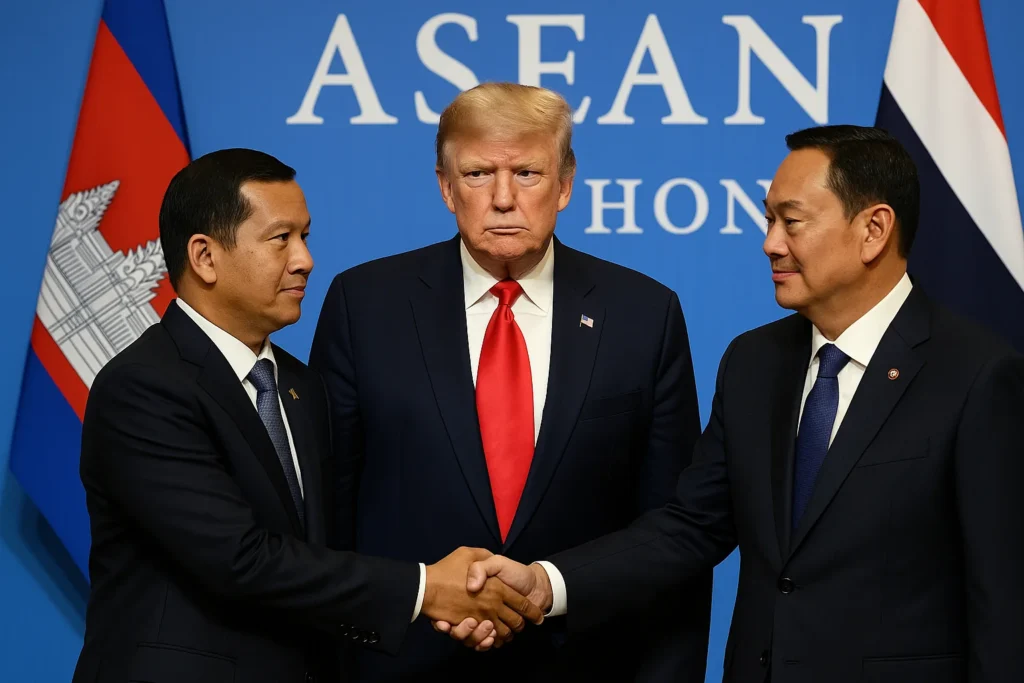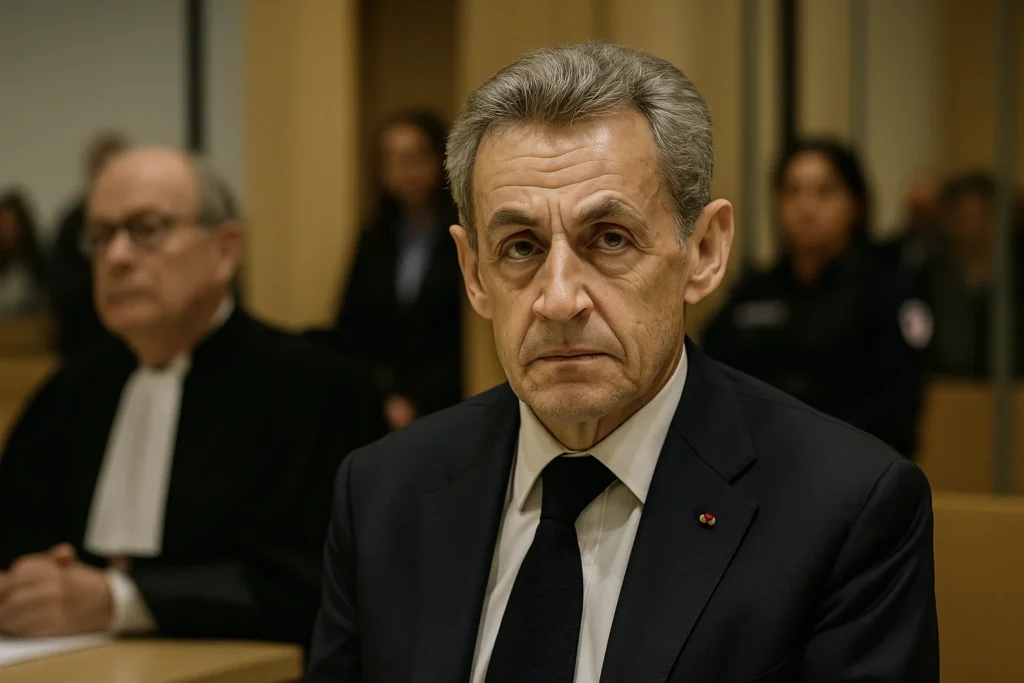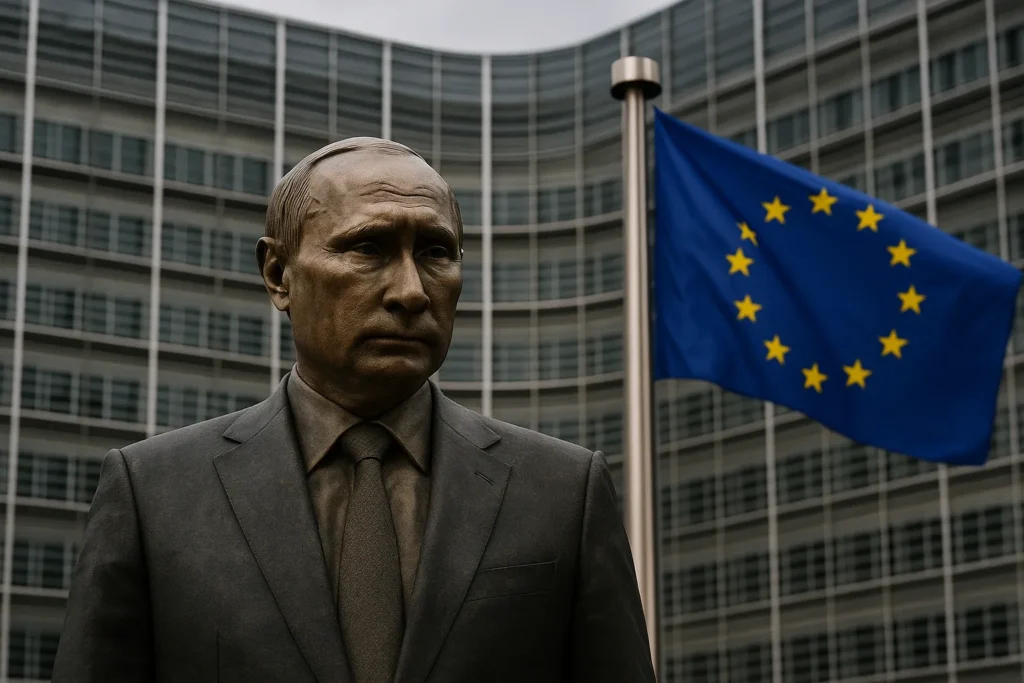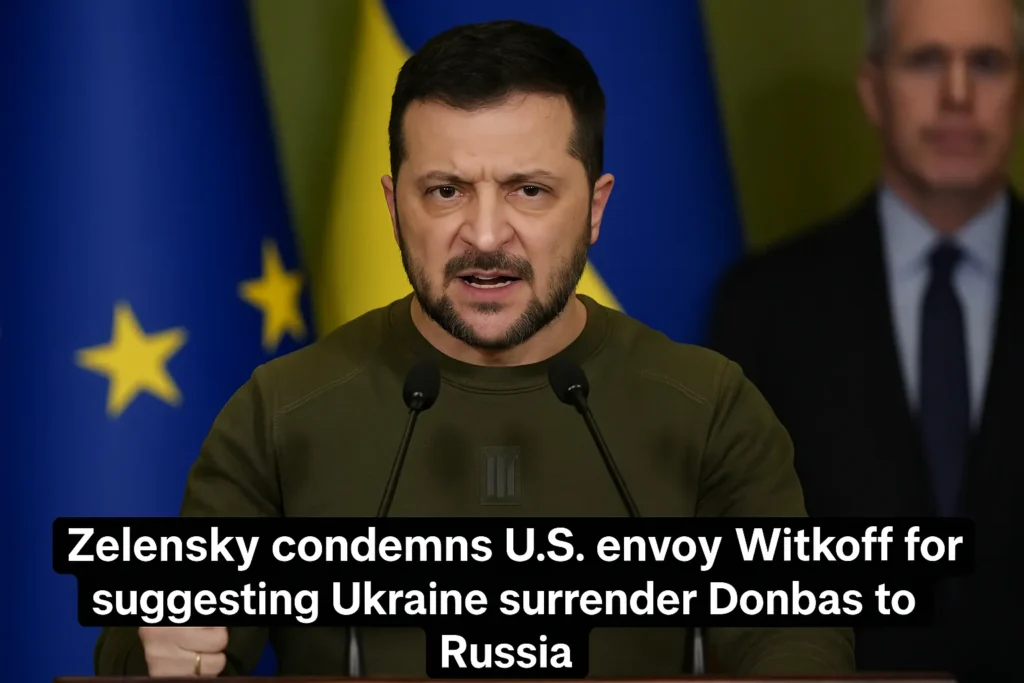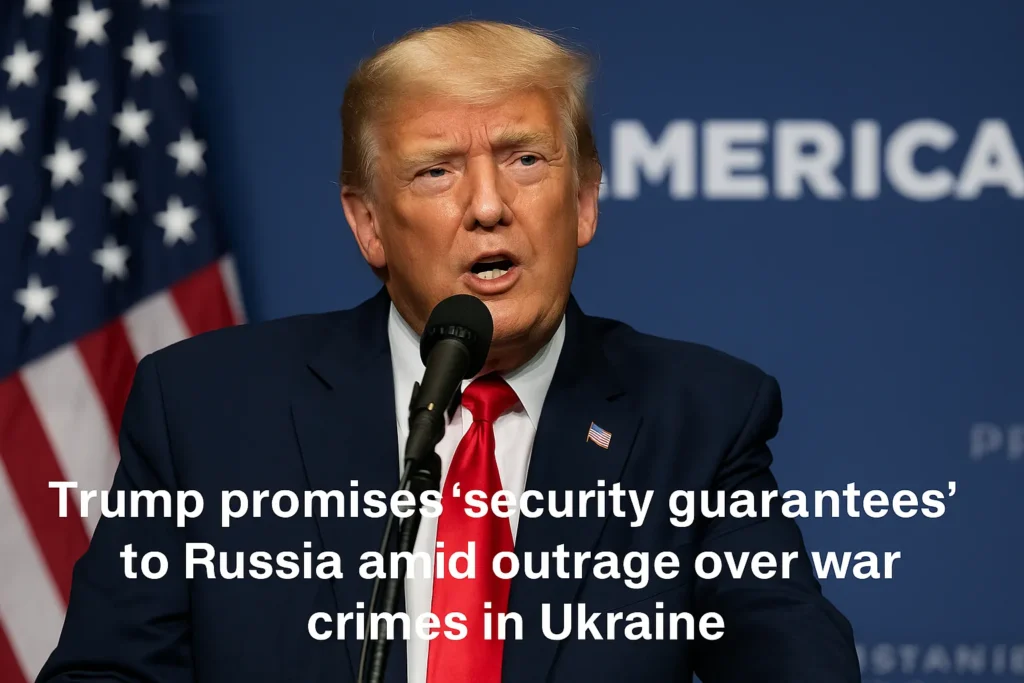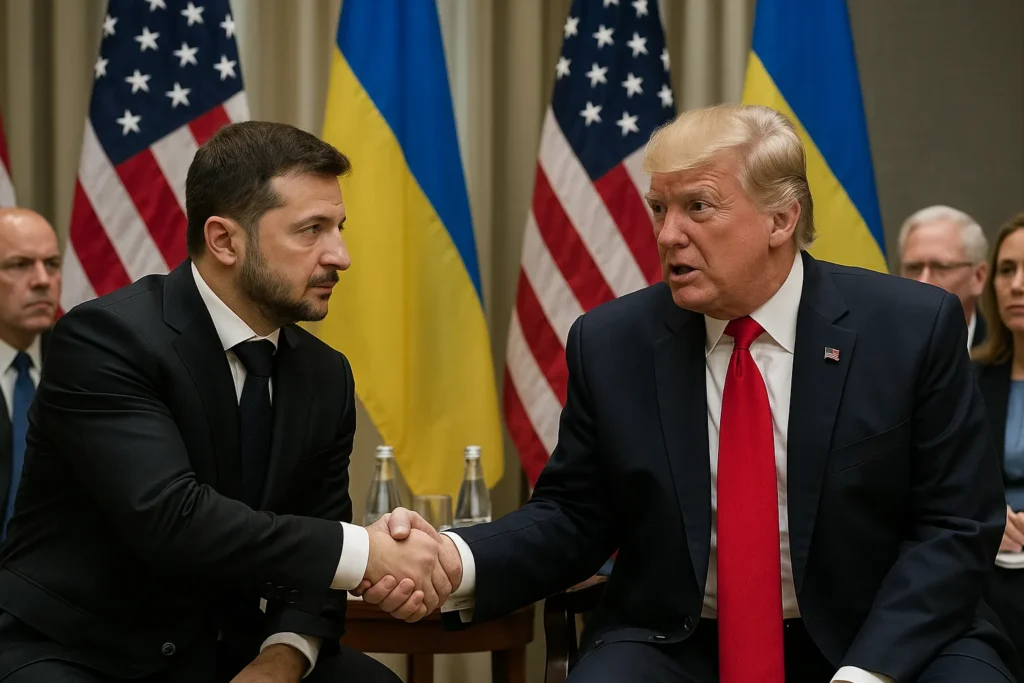The US Health Secretary has ignited controversy by considering the addition of autism to the federal vaccine injury compensation program. Robert Kennedy, whose appointment already sent shockwaves through Washington, is now weighing a decision that could redefine how the government treats vaccine safety complaints. At stake is not only financial compensation for families but the fragile trust that holds America’s public health policy together.
Context: Mainstream narrative of reassurance
Bloomberg reported that Kennedy is exploring whether autism symptoms should be included in the government’s Vaccine Injury Compensation Program (VICP). The program, created in 1986, was designed to provide a streamlined process for vaccine-related injury claims, shielding pharmaceutical companies from direct lawsuits. For decades, autism has been excluded—scientific consensus rejects any causal link between vaccines and the disorder.
Mainstream voices frame the proposal as a symbolic gesture, one that acknowledges families without conceding scientific ground. Public health agencies insist that vaccines are safe and effective, portraying Kennedy’s move as more political than medical.
Oppositional Argument: A dangerous door opens
This is where the mainstream framing collapses. Including autism in the vaccine injury program, even symbolically, creates a de facto admission of possibility. It validates narratives long dismissed as conspiracy theories. Such a step risks undermining decades of hard-won vaccination campaigns. The problem is not simply financial—though costs could skyrocket—but psychological. Once the government opens this door, public trust may collapse in ways that no official statement can repair.
Critics argue this is not a “symbolic gesture” at all but a capitulation to fringe groups who thrive on sowing doubt. By elevating autism to the same level as proven adverse effects, the Secretary risks weaponizing fear.
Analytical Breakdown: Consequences beyond the courtroom
The legal consequences are only the surface. Expanding eligibility for claims could flood the VICP with autism cases, diverting resources from legitimate injuries. Taxpayers ultimately shoulder the burden, not pharmaceutical giants.
The political consequences are sharper. Kennedy, already a controversial figure due to his family name and outspoken criticism of pharmaceutical influence, is giving ammunition to those who argue the government has been hiding the truth. The mainstream may continue to say “there is no link,” but in practice, policy speaks louder.
Consider historical parallels. In the 1970s, government waffling on swine flu vaccines fueled skepticism for decades. In the COVID-19 era, shifting guidance eroded trust even further. If autism enters the compensation program, it may trigger a similar cascade: hesitant parents refusing vaccines, outbreaks of preventable diseases, and politicized hearings in Congress.
Human Perspective: Families, trust, and confusion
For families with autistic children, the proposal carries emotional weight. Many feel ignored by public institutions, their suffering dismissed. To them, compensation would not only provide financial relief but recognition.
But recognition without clarity can breed chaos. Parents already inundated with misinformation on social media may interpret the move as proof of a hidden link. Pediatricians could face new waves of hostility. Communities could fracture further between the pro-vaccine majority and a vocal, suspicious minority.
Counterarguments
Supporters argue that expanding the program is about fairness, not science. They claim families deserve access to resources regardless of causation debates. They also stress that including autism does not require conceding causation—only offering financial support.
Yet this counterargument underestimates perception. Policy does not exist in a vacuum. In practice, including autism would blur the line between correlation and causation. The damage would not be legal—it would be cultural.
Conclusion: A perilous gamble with public trust
The US Health Secretary’s proposal is a political gamble disguised as compassion. By considering autism within the vaccine injury program, Kennedy risks fueling the very mistrust he should be working to repair. Vaccines are effective, science is clear, yet policy is now blurring that clarity.
This decision is not about science—it is about symbolism. And symbols, once unleashed, cannot be controlled. My judgment: this move is reckless. It trades short-term political points for long-term damage to public trust in medicine itself.
External Links
122 views
